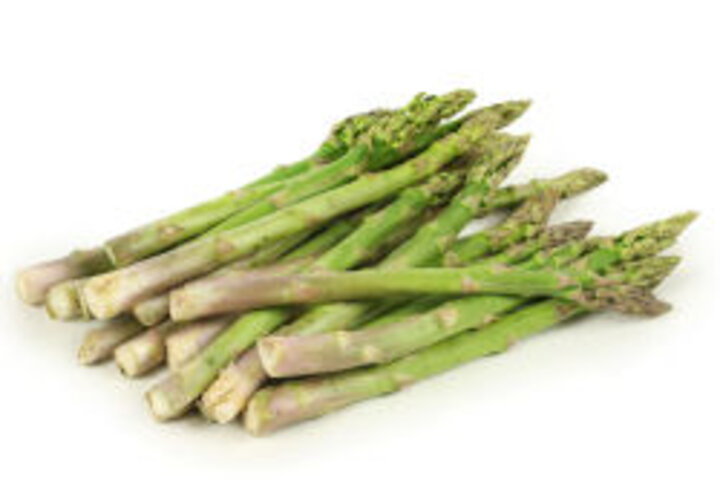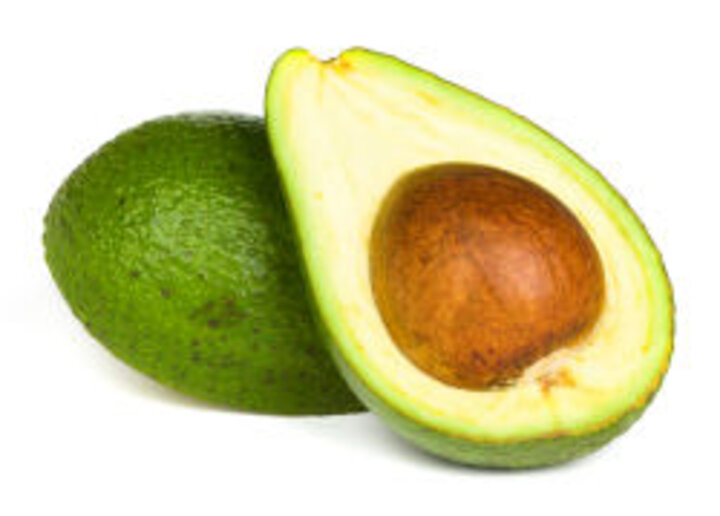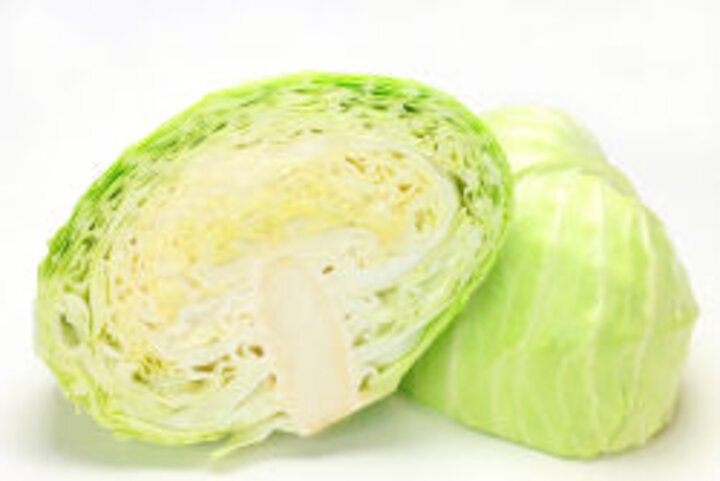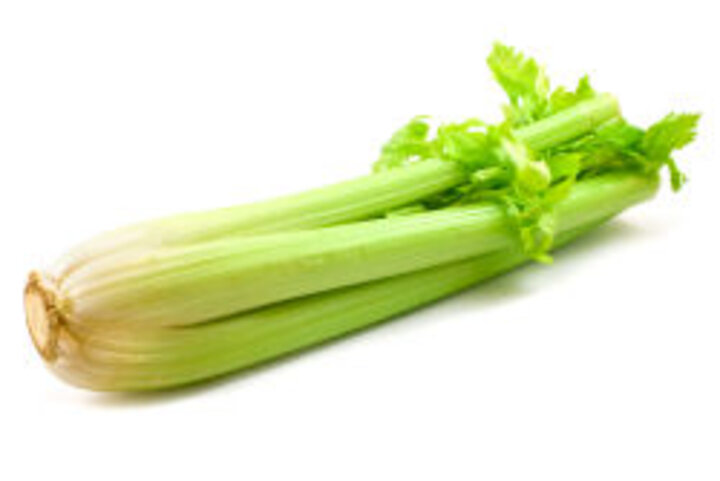Vegetables represent a large and diverse group of foodstuffs which provide important nutrients. Allergic reactions to many different vegetables have been reported, but celery, specifically celeriac (celery root) is a particularly problematic food. Symptoms of vegetable allergy are often mild and observed in the oral cavity with itching of the oral mucosa, swelling of lips, tongue and throat. Occasionally skin, respiratory and more severe symptoms are reported.
Celery is commonly used as a spice in processed foods (e.g. soups, broths, salad dressings) but is also consumed as a vegetable. Interestingly, a high prevalence of celery allergy is observed in regions where celery is commonly consumed as a raw vegetable (e.g. Germany, Switzerland and France) and is often associated with pollen allergy. Allergic reactions to celery range from mild local reactions in the oral cavity to severe systemic responses. Celery allergens have been shown to be largely heat and processing resistant and thus sensitized individuals need to avoid any celery containing product.
According to the EU Labeling Directive 2003/89/EG and Codex Alimentarius allergen labeling recommendation for pre-packaged food all products containing celery should be labeled as such.
There are a number of other vegetables for which allergies have been described including asparagus, avocado, bell pepper, cabbage, carrot, lettuce, potato, pumpkin, turnip and zucchini.
For more detailed information on these foods please follow the links:










